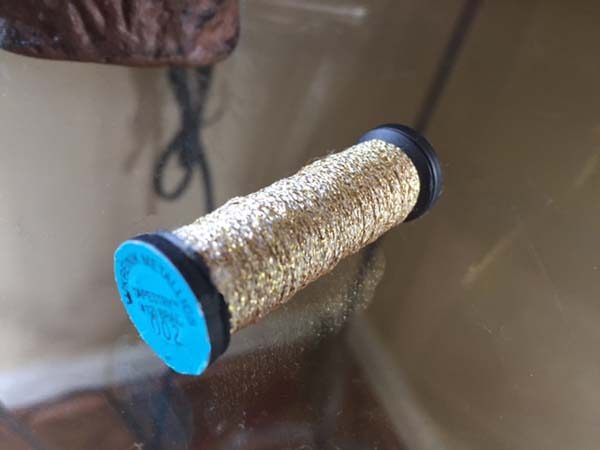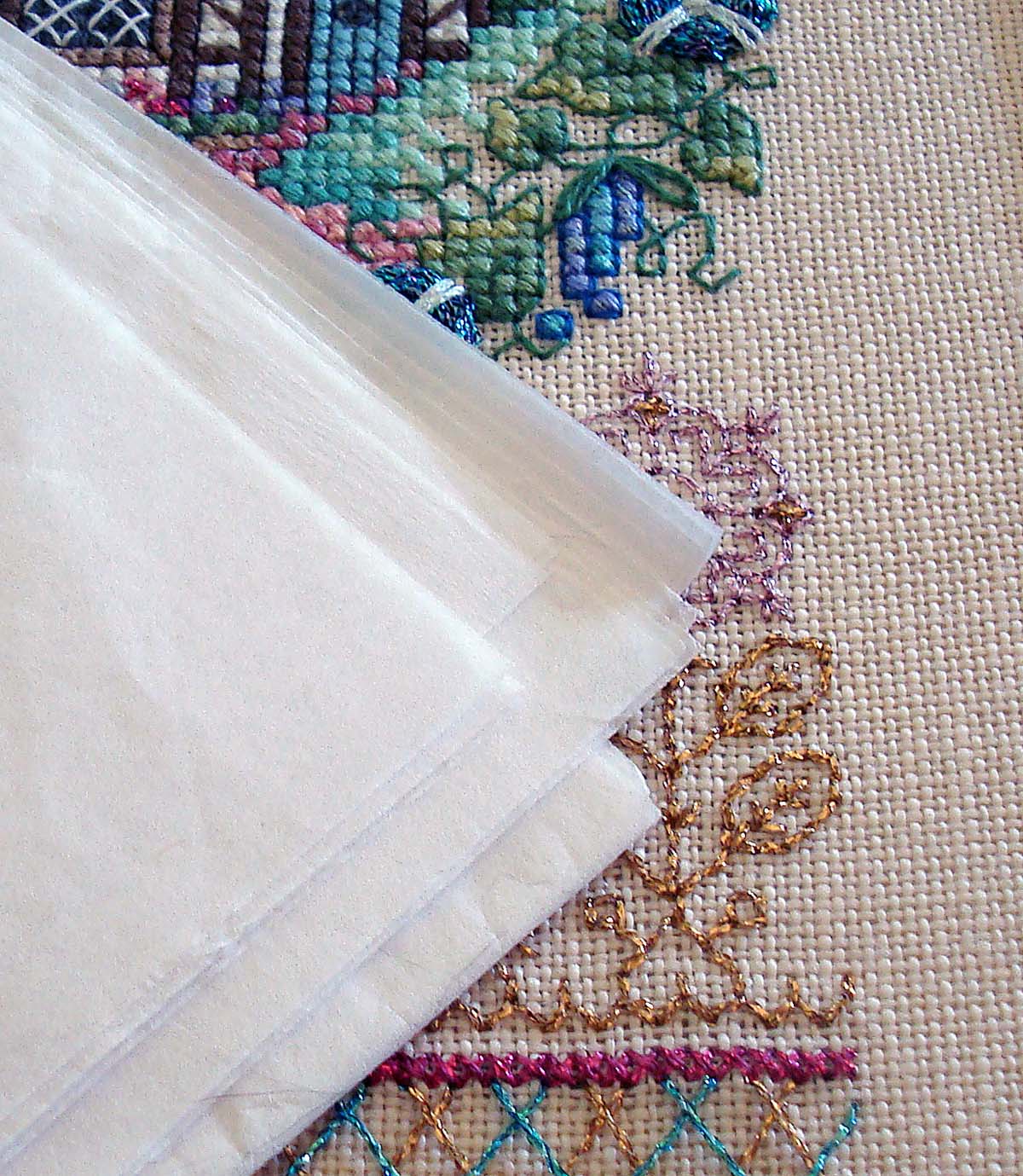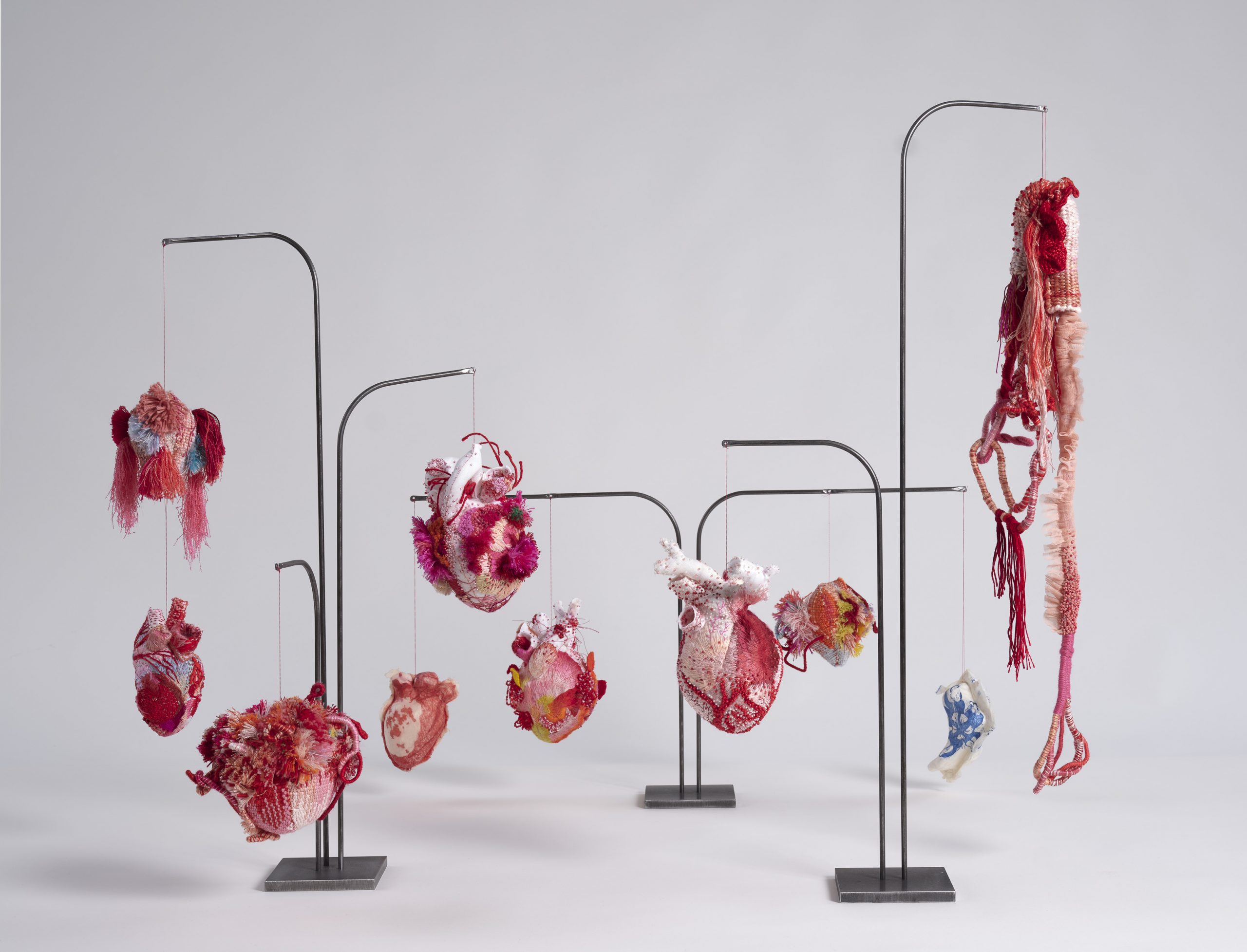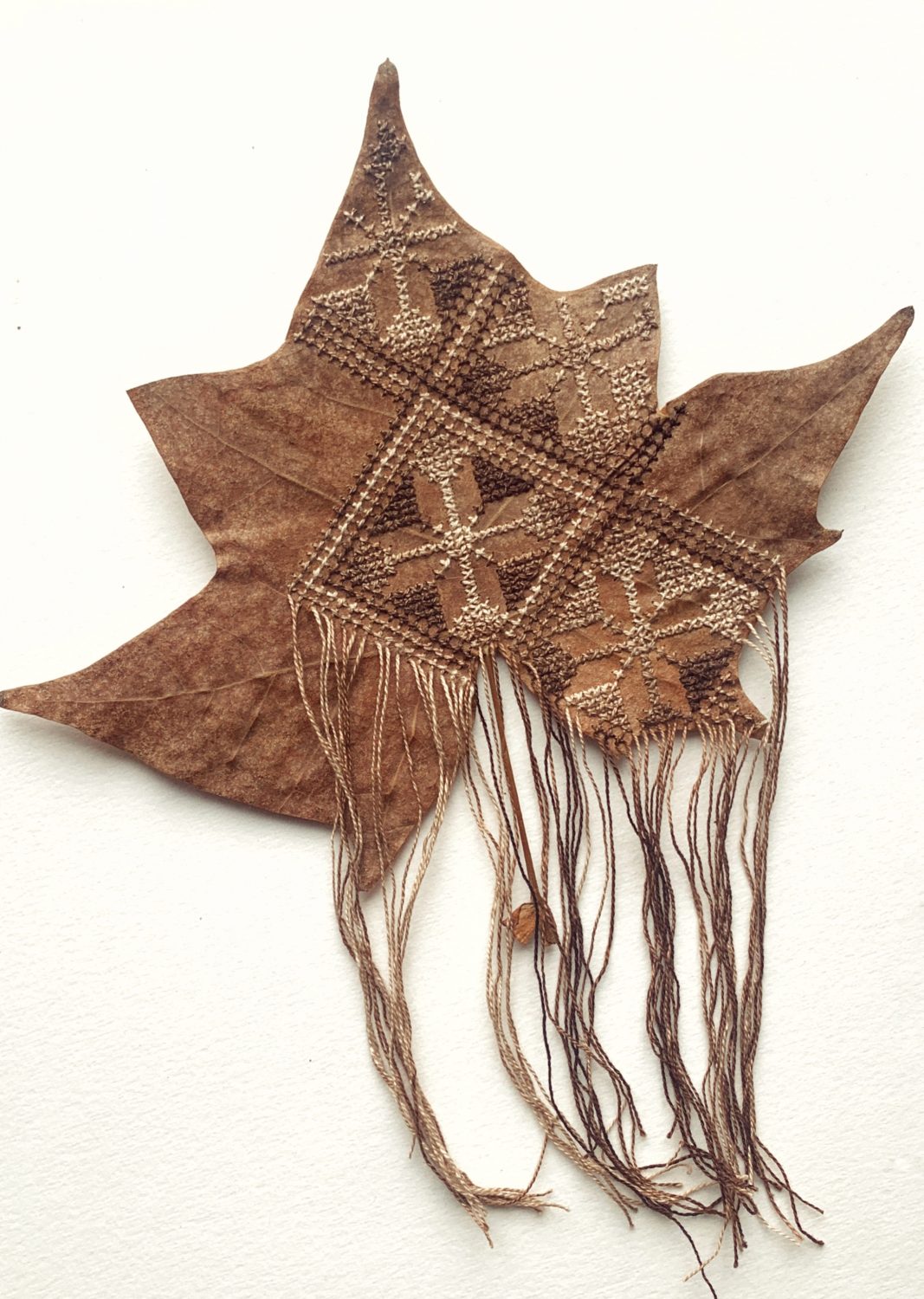
How many unfinished or unframed stitching projects do you own? (No guilt, no shame in your answer; we all have them!) More importantly: how are you storing them? That answer may be more significant that you realize. Most of us don’t think twice about using a plastic bag, for instance, maybe wrapped with a rubber band to keep things in order. However, a few years from now we will find that project and decide to finish or frame it, only to discover it is discolored or brittle. Don’t let this happen to you. Store your textiles safely.
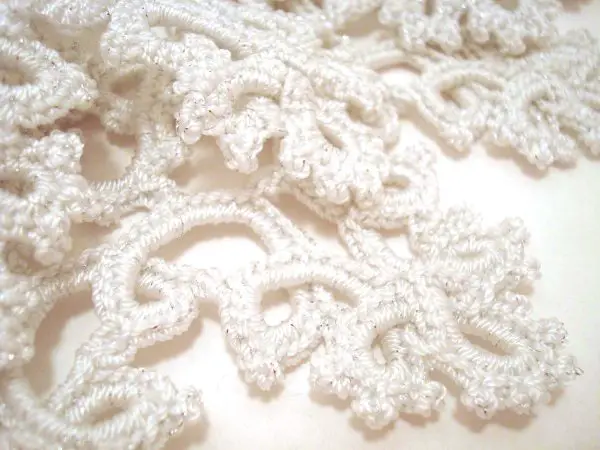
I am Dena, I work for a textile company, and I’m here with an important public service announcement: Practice Safe Storage. You worked hard, or worked halfway, on that needlework project, so don’t risk damaging it by the way you store it. Consider how you may have found your late grandmother’s embroidered pillowcase, crocheted doily, or quilt, for instance. Her handwork is a piece of herself, passed down and now available to you—hopefully it is in good condition. Your creations are equally valuable. How you store your project matters to it’s condition, longevity, and future viewers.
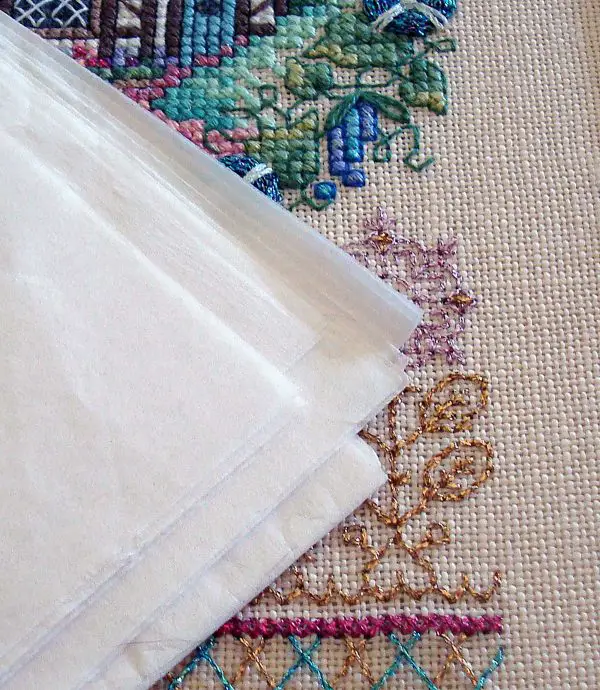
There is a simple, correct answer to storing textiles safely, so simple that I want everyone to take this step today: get some Acid-Free Tissue Paper. Instead of harmful plastic bags, old pillow cases, or open-air exposure, store needlework with a protective layer of Acid-Free Tissue Paper. It’s the same material used by conservationists, and it can preserve other valuables too, such as wedding dresses and quilts.
All tissue created equal?
Why acid-free? Isn’t all tissue paper acid-free? Actually, it’s not, so discard that dollar-store bargain stack of tissue. Acid in normal tissue paper transfers to textiles over time, causing them to become discolored, brittle, or tarnished. Acid-Free Tissue Paper, however, is neutral, unbuffered, and therefore the safest way to store textiles including cotton, wool, silk, linen and even real metal threads. It’s safe for your jewelry, photos, and other heirlooms as well. It’s not as expensive as it sounds, and you can find it from many online sources (Google Acid-Free Tissue Paper).
About storing threads
A few notes about safely storing thread spools: Keep them out of direct sunlight and guard for highly humid atmospheres. Never ever, ever wrap a spool or skein with a rubber band. Never. Ever. If you remember two things from me this month, make it these helpful words: “Acid Free Tissue Paper” and “No Rubber Bands.” Your needlework is a treasure—to you, to your descendants, to us, to the history of needlework through the centuries (seriously, it is). Protect it.
